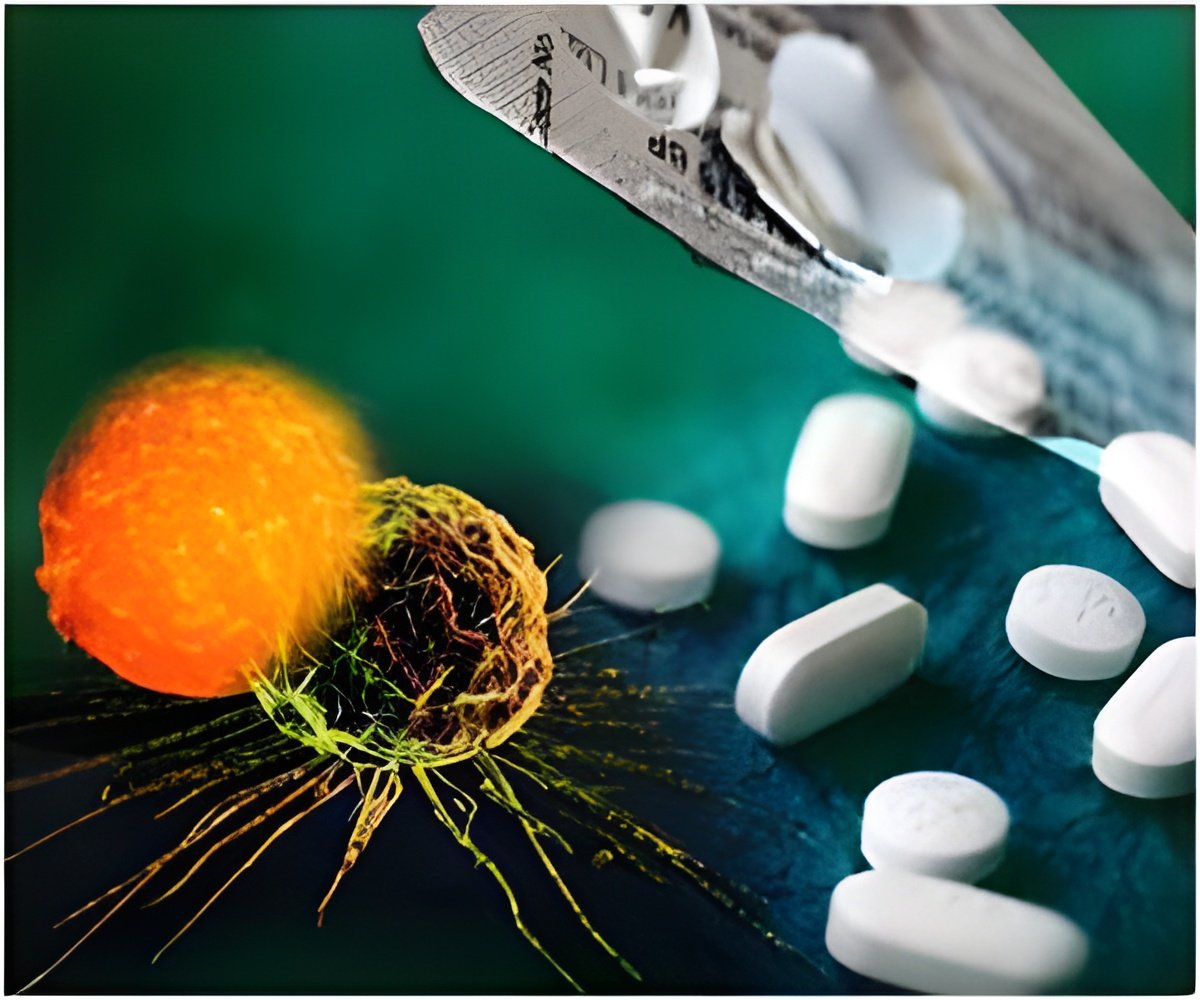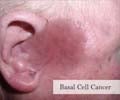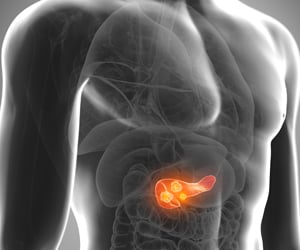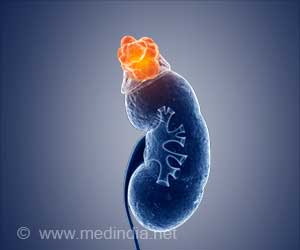CDK8 plays a critical role in allowing cancer cells to use glucose as an energy source and so blocking CDK8 may shun down cancer growth.

TOP INSIGHT
Treating cancer cells with drugs that block both CDK8 and glycolysis slowed the growth of the tumor more effectively than either approach alone.
Over-expression of the gene CDK8 is linked to the development of many cancers including colorectal cancer, melanoma, and breast cancer, where it regulates pathways that drive the growth and survival of cancer cells.
Although a number of drugs aimed at blocking CDK8 activity are currently being developed, it is not yet clear how effective they are at treating various cancers.
Galbraith and Espinosa have been working to better understand the role of CDK8 in cancer biology in the hopes of aiding the introduction of CDK8-based therapies as cancer treatments.
Their most recent study, which was funded in part by the Cancer League of Colorado and the Mary Miller and Charlie Fonfara-Larose Leukemia in Down Syndrome Fund, demonstrates that CDK8 plays a critical role in allowing cancer cells to use glucose as an energy source.
In 2013, the group published a paper showing that CDK8 is important for activation of many genes switched on in hypoxic conditions. During adaptation to these conditions, cancer cells must alter their metabolism to consume more glucose through a process called glycolysis.
This is true to the point that doctors use glucose isotopes and PET scans to pinpoint the exact location of a tumor and its metastases within the human body - where there are abnormally high levels of glucose being used, chances are there is a cancerous growth.
When Galbraith used a sophisticated chemical genetics approach to specifically switch off CDK8 activity in colorectal cancer cells, he saw that the cells failed to activate glycolysis genes and took up much less glucose. He confirmed this in experiments showing that blocking CDK8 activity leads to a lower rate of glucose use.
"Because of this role of CDK8 in glycolysis, I reasoned that the cells with impaired CDK8 activity should be more susceptible to drugs that block glycolysis," Galbraith says. Sure enough, treating cancer cells with drugs that block both CDK8 and glycolysis slowed their growth more effectively than either approach alone.
"These are very exciting discoveries. The Warburg effect and consequent addiction to glucose is a hallmark of cancerous tissues, something that distinguishes cancer cells from most normal tissues. Therefore, combining drugs that block CDK8 activity with those that block glycolysis may enable specific targeting of cancer cells without harmful effects on normal cells," says Espinosa, the paper's senior author.
Source-Eurekalert
 MEDINDIA
MEDINDIA




 Email
Email










